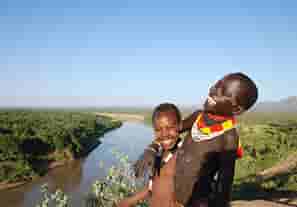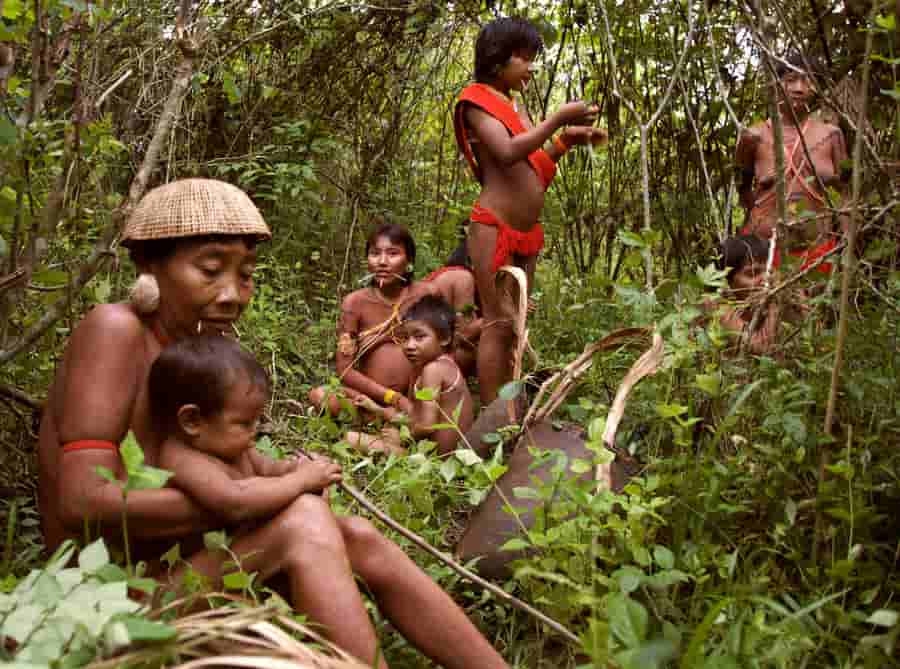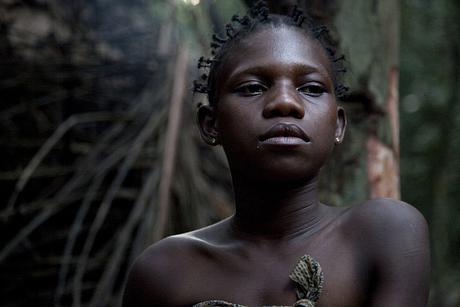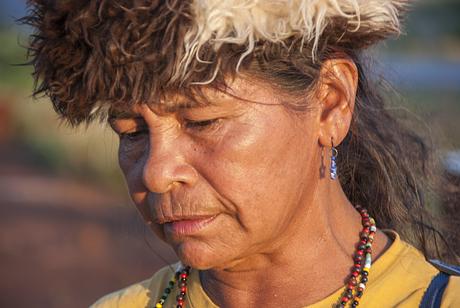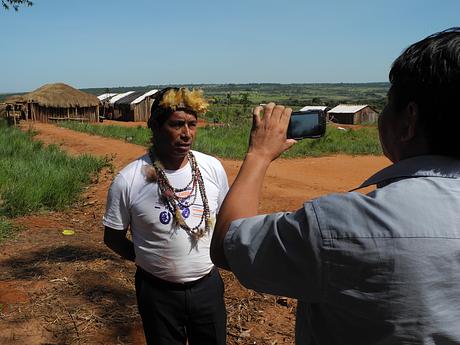How we work
We work in partnership with Indigenous peoples to amplify their voices on the global stage and change the world in their favor.
We helped the Yanomami people create the largest area of rainforest under Indigenous control in the world.
We were partners in the “David and Goliath” victory of India’s Dongria Kondh tribe against mining giant Vedanta.
We supported the Indigenous people of the Kalahari, to win a landmark case to see them rightfully returned to their ancestral land.

